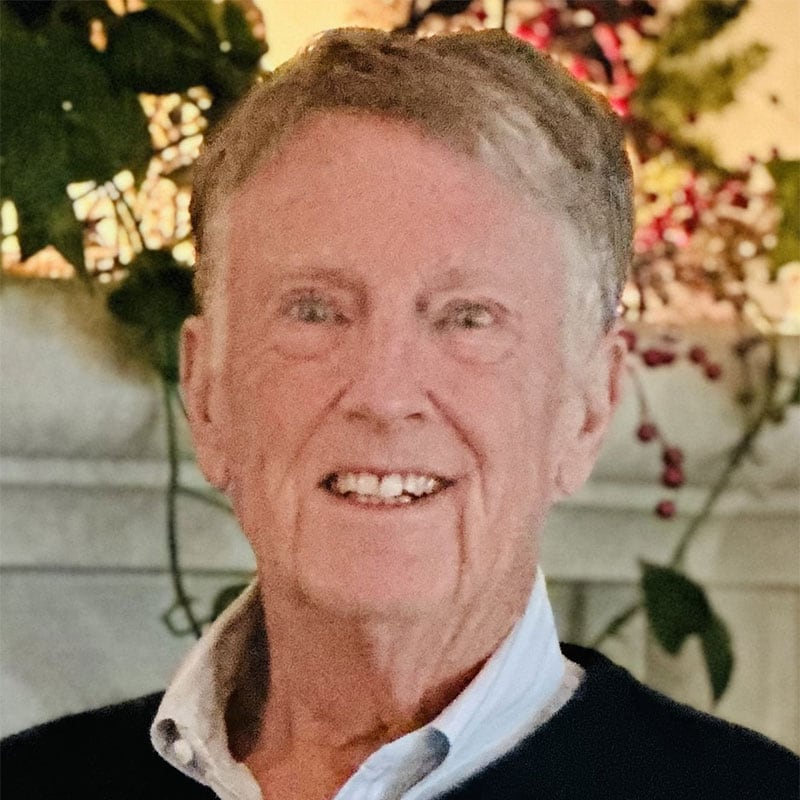Using Maps to Teach Sociology
Learn how sociological maps can enhance sociology education by revealing geographic patterns in race, class, gender, and politics from John Macionis, celebrated author and professor.
John Macionis, Professor, Kenyon College
Join respected author and Professor, John Macionis, where he discusses the strengths of using maps to teach sociology.
When Macionis titles were published, beginning in the mid-1980s, they were the first to include sociological maps. Social geography is the use of mapping to show the distribution of various social variables across the nation or around the world. Mapping social patterns is an effective way to illustrate the power of society to shape our lives as it reveals rural-urban, regional, and global differences. This short presentation explains how the classroom use of more than fifty available national and global maps enhances student understanding of race, class, gender, political affiliation, and a host of other sociological variables.
Professor Macionis has been covering a variety of topics this upcoming semester including Economic Inequality in the United States, Family Trends: Over the Generations, Artificial Intelligence, and more.
About the speaker

John Macionis, Professor, Kenyon College
John J. Macionis has lived “a sociology life,” both as a textbook author and as a classroom teacher, for more than 50 years. This journey began at Cornell University, where John earned a bachelor’s degree, majoring in sociology, and continued as he completed a doctorate in sociology, which was awarded by the University of Pennsylvania.
John’s publications are wide-ranging, focusing on community life in the United States, interpersonal intimacy in families, effective teaching, the anatomy of humor, new information technology, and the importance of global education. John has authored a number of leading titles in sociology. Society: The Basics, the most popular introductory title in the field, is now available in its 16th Edition. The full-length Macionis introductory title is Sociology, which is now available in its 18th Edition. These titles are used around the world, in English and translated into more than a dozen other languages. He collaborates on international editions of these titles: Society: The Basics: Canadian Edition, Sociology: Canadian Edition, and Sociology: A Global Introduction. He is also the author of Social Problems, which is available in 9th edition. In addition, Macionis edited the best-selling anthology Seeing Ourselves: Classic, Contemporary, and Cross-Cultural Readings in Sociology, also available in a Canadian edition. Macionis and Vincent Parrillo have written the leading urban studies text, Cities and Urban Life, currently in the 6th Edition and in a number of international translations. For the latest on all Macionis learning titles, as well as how sociology encourages social change, visit the author’s personal website (TheSociologyPage.com or Macionis.com).
The American Sociological Association presented Macionis with its award for Distinguished Contributions in Teaching, citing his innovative use of global material and new teaching technology in his classroom titles.
John Macionis retired from full-time teaching at Kenyon College in Gambier, Ohio, where he served as Professor and Distinguished Scholar of Sociology. During his long career at Kenyon, he chaired the sociology department, directed the college’s multidisciplinary program in humane studies, presided over the campus senate, was president of the college’s faculty, and taught sociology to thousands of students. Kenyon recognized his decades of service by conferring on him an honorary doctorate of humane letters.
Professor Macionis has been active in academic programs in other countries, having traveled to some 50 nations. He writes, “I have always been an ambitious traveler, eager to learn and, through the texts, to share much of what I discover with students, many of whom know little about the rest of the world. For me, traveling and writing are all dimensions of teaching. First, and foremost, I am a teacher. A passion for teaching animates everything I do.”
John applies the same passion to ensuring that his Pearson titles have best-in-class content. He prepares all the supplementary material for each of his titles.
In his free time, John enjoys tennis, swimming, reading, and performing oldies rock-and-roll, some of which is available at his website. He is an environmental activist in the Lake George region of New York’s Adirondack Mountains, working with a number of organizations, including the Lake George Land Conservancy, where he served for more than a decade as president of the board of directors. Currently, his nonprofit focus is expanding knowledge and understanding of U.S. history, and he now serves as vice-chair of the board of trustees of Fort Ticonderoga, a national center of teaching and learning that offers a broad range of digital historical material.